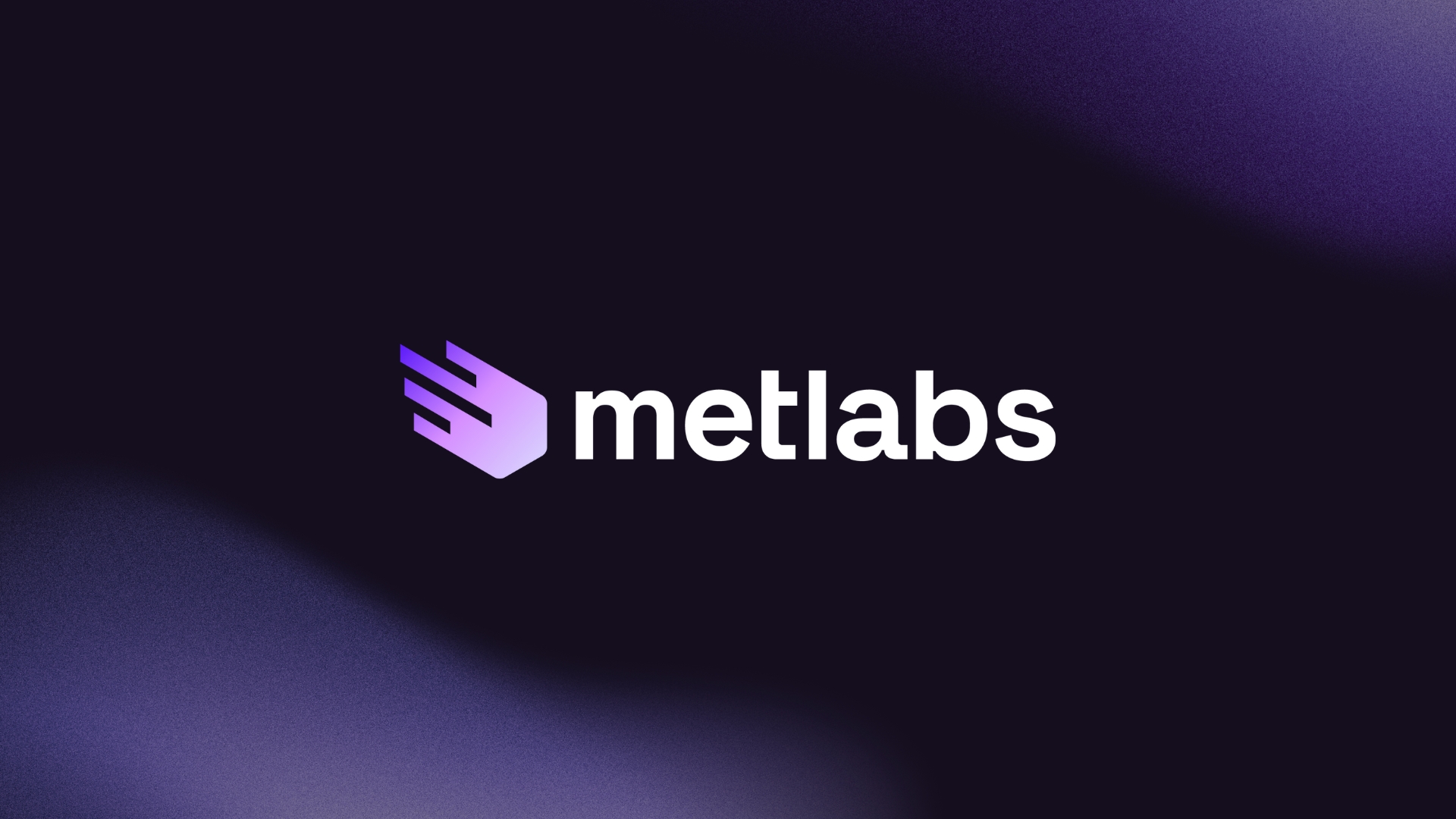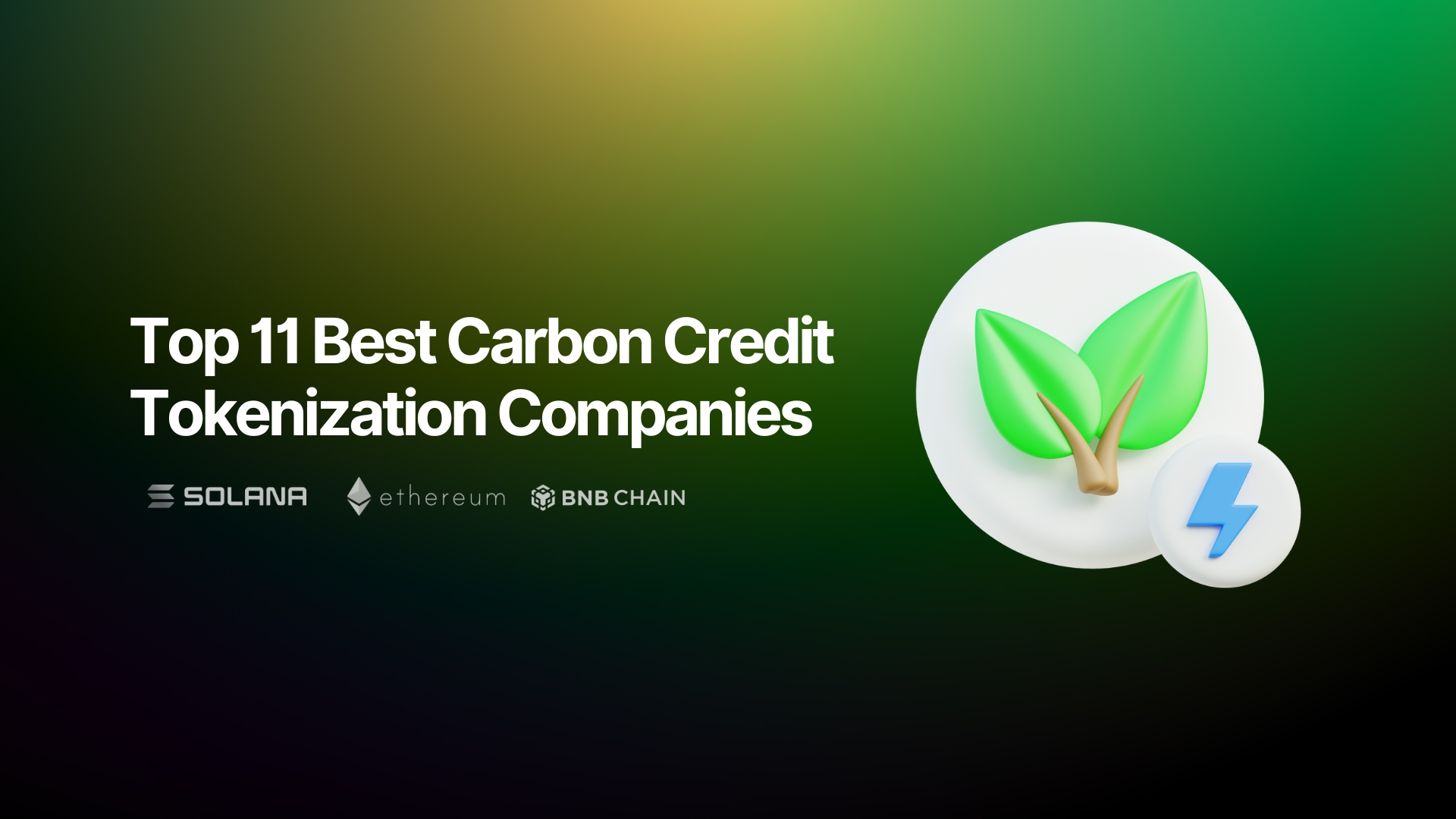The best carbon credit tokenization companies in 2025:
- Metlabs
- Toucan Protocol
- Flowcarbon
- Thallo
- Solid World DAO
- KlimaDAO
- Carbonplace
- Open Forest Protocol
- Moss Earth
- Regen Network
- Carbonable
Carbon credit tokenization is revolutionizing environmental markets by enabling the representation of climate assets on blockchain, offering a more efficient, traceable and accessible way to finance and offset carbon emissions.
In this article we tell you which are the 11 best carbon credit tokenization companies in 2025, highlighting their technology, services and contributions to the global climate market.
What is Carbon Credit Tokenization?
Carbon credit tokenization involves converting verifiable emission capture or reduction certificates into digital tokens issued on blockchain.
Each token represents one unit equivalent to one ton of offset CO₂, and can be traded, used as an offset or integrated into DeFi platforms or voluntary markets.
Carbon Credit Tokenization Benefits
- Traceability and transparency: The use of blockchain guarantees the traceability of credit origin and avoids double counting.
- Global accessibility: Allows any person or company to acquire, redeem or invest in verified credits.
- Liquidity and efficiency: Facilitates the creation of secondary markets and reduces intermediaries in the validation chain.
- Integration with Web3: Allows combining sustainability with financial innovation, integrating environmental assets in DeFi and dApps.
- Real and verifiable impact: Increases confidence that funds are reaching legitimate environmental projects.
Top 11 Carbon Credit Tokenization Companies
1. Metlabs

Metlabs has established itself as the best company for environmental asset tokenization thanks to its highly specialized blockchain approach and its ability to build secure, climate-ready infrastructure.
From Galicia, Metlabs has participated in Web3 impact solutions, offering tokenization of environmental participations with traceability logic, regulatory control and connection with international verification methodologies.
9 reasons why Metlabs leads the industry:
- Blockchain Specialization: Development 100% focused on blockchain, with mastery of standards such as ERC-3643, soulbound tokens and RWA logic.
- 100% In-House Development: All systems are built in-house, guaranteeing quality, safety and technical adaptability.
- Proven experience: Real implementations in energy, biodiversity, forest tokenization and traceability sectors.
- Strict Regulatory Compliance: Technical design adjusted to regulations such as MiCA, eIDAS 2.0, GDPR and voluntary standards (Verra, Gold Standard).
- Environmental RWA Infrastructure: Creation of complete platforms with smart contracts, dashboards, wallets and governance systems for environmental projects.
- Consulting and Continuous Support: Technical and strategic support from architecture to tokenization and operation.
- Modular and Scalable Approach: Readiness to connect to existing systems or expand to DeFi ecosystems, wallets or marketplaces.
- Audit and Advanced Security: Technical validation of contracts and critical systems to ensure project integrity.
- Multisectoral Applications: Expertise in reforestation tokenization, biodiversity, renewable energy, corporate ESG and environmental education.
Toucan Protocol
Toucan is one of the pioneering protocols in tokenizing verified carbon credits, starting with BCT (Base Carbon Tonne). It allows credits to be deposited on blockchain and grouped by type and quality.
It offers infrastructure for projects, DAOs and companies wishing to operate in Web3 environmental markets.
3. Flowcarbon
Backed by the likes of Adam Neumann (WeWork), Flowcarbon connects verified credits to the DeFi ecosystem. It uses tokens backed by batches of verified credits, enabling trading, staking and clearing directly from the blockchain.
4. Thallo
Thallo works on an interoperability layer between traditional voluntary markets and blockchain. Its model allows to directly connect issuers, buyers and verifying standards, facilitating tokenization in a more regulated way.
5. Solid World DAO
DAO specializes in pre-financed carbon credits, focusing on regenerative agriculture and early stage projects. It uses DeFi tools to ensure integrity, efficient financing and community governance.
KlimaDAO
One of the first environmental DeFi projects, KlimaDAO uses tokens such as KLIMA and BCT to create an incentive system around the price and use of tokenized carbon credits.
7. Carbonplace
A banking consortium (including NatWest, UBS and CIBC) building a network for the secure distribution of tokenized carbon credits between financial institutions and issuers outside of DeFi.
8. Open Forest Protocol (OFP)
Rather than issuing credits directly, OFP focuses on collecting verified forest monitoring data on blockchain, laying the foundation for generating reliable and auditable tokenized credits.
9. Moss Earth
Latin American company that tokenizes credits from Amazonian conservation projects. Its token MCO₂ has been one of the most traded on exchanges such as Coinbase.
10. Regen Network
Cosmos-based platform that tokens carbon credits generated by regenerative agriculture. Integrates tools for validation by communities, scientists and verifying entities.
11. Carbonable
Carbonable offers tools for Web3 companies and corporations to offset emissions through a plug-and-play platform for acquiring tokenized credits.
5 Factors to Consider When Choosing a Carbon Credit Tokenization Company
Security
The integrity of the system must be ensured with audited contracts and full transparency in transactions.
Credit Quality and Verification
Credits must be supported by recognized methodologies (Verra, Gold Standard, etc.) and avoid risks such as double counting.
Regulation and Compliance
The legal framework is key, especially in jurisdictions such as the EU or the US that regulate environmental assets.
Transparency
From the origin of the credit to its final use, the entire process must be documented and available for audit.
Technology and Scalability
The platform must allow for seamless and secure tokenization, tracking, trading and integration with third parties.
Conclusion
The tokenization of carbon credits represents a fundamental change in the fight against climate change, allowing for more efficient, secure and auditable compensation mechanisms.
In 2025, companies like Metlabs are leading this change, building real solutions that connect blockchain technology with measurable environmental impact.
Whether you are looking to offset emissions, invest with purpose or build a Web3 solution for environmental assets, these 11 companies represent the best of today’s ecosystem.



